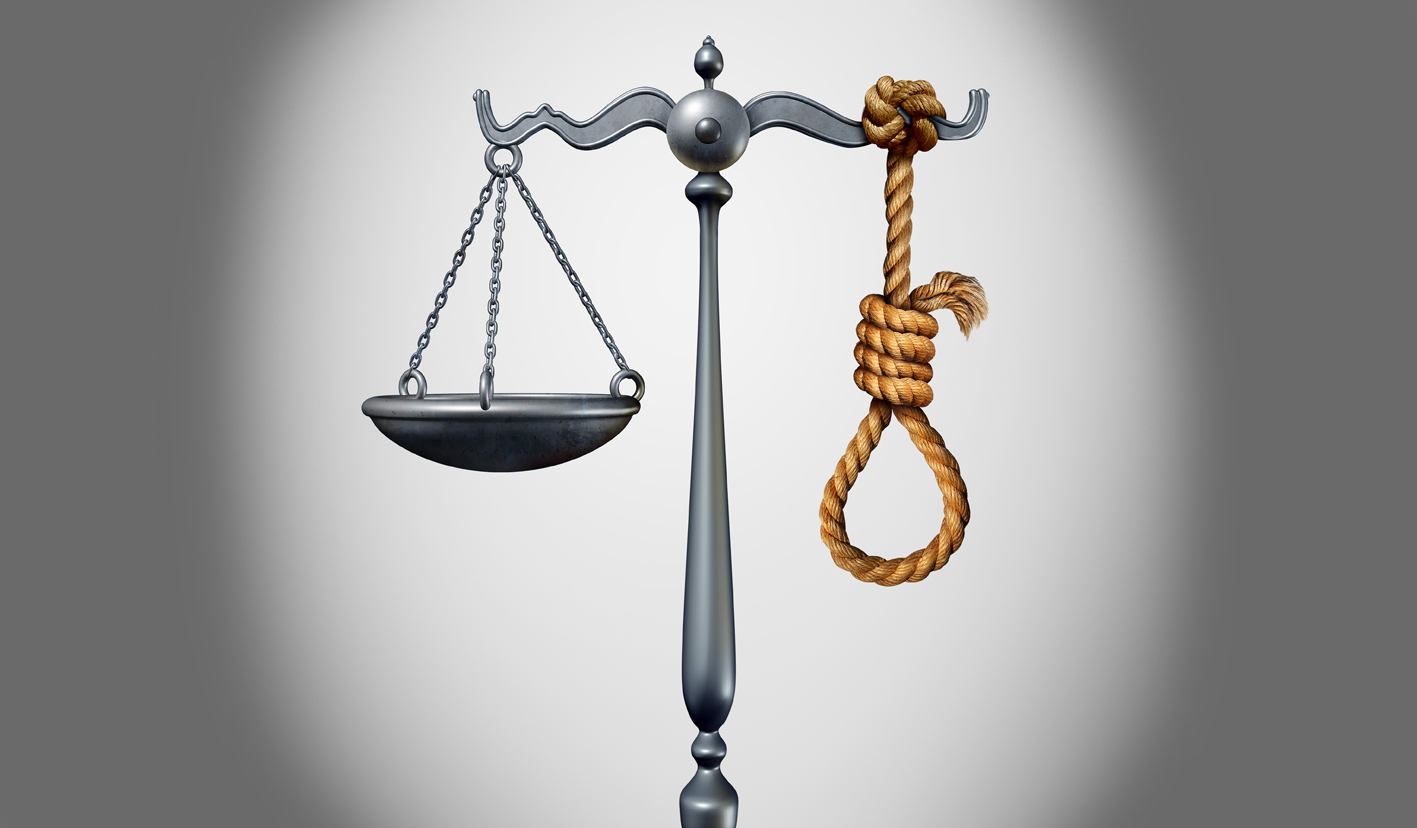Article 25 of Indian constitution
Author : SUMUKH AGGARWAL of Law College Dehradun
Article 25 of the Indian Constitution is one of the foremost fundamental right deals with the freedom of conscience and right to profess, practice and propagate the religion. Like other fundamental rights this is also not absolute but subject to certain reasonable restrictions. The soul of this article is “ Secularism” and to protect this principle the Supreme Court has delivered many judgments. In S.R. BOMMAI v. U.O.I. the supreme court held “Secularism is the basic structure of Indian Constitution” and 42nd Amendment has inserted the term ‘Secular’ in the Preamble which is indeed.
Article 25 guarantees :-
- Freedom of conscience
- Profess, practice and propagate the religion
The term of ‘freedom of conscience’ is actually the internal freedom of an individual to form the relation with the god in any manner he likes. ‘To profess the religion’ means that an individual can freely declare about his belief and faith. He is free to follow those belief and faith. And ‘practice of religion’ means that individual is free to perform or follow the beliefs, customs and traditions of any religion and propagation of religion is actually to spread the views and ideas of one’s own religion and can publicize them but such propagation must not be influenced by any kind of coercion or illegal act.
Now, above all these freedoms are subject to public order, morality and health and other provisions of Part-III. In Rev. Stainislaus v. State of M.P. the Supreme Court held that article 25(1) does not guarantee the right to convert another person to one’s own religion. In N. Aditya v. Travancore Dewaswom Board the Supreme Court held that Brahmins do not have a monopoly on performing puja in the temple. In Church of God (Gospel) v. K.K.R.K.C. Welfare Association the court held that no one is allowed to create noise pollution or hurt the peace of others on the name of religion.
Article 25(2)(a) empowers those state to make laws to regulate or restrict any economic, financial, political and other secular activities which may be associated with religious practices as following case. In Mohd. Hanif Qureshi v. State of Bihar the court clearly held that slaughtering of cows on Bakrid day was not an essential ritual in Muslim religion and can be prevented by state under article 25(2)(a).
Article 25(2)(a) empowers the state to make laws for social welfare and reform. Hence state can prevent the activities which exists as an evil in the society and runs on the name of religion. Under this article state may also open the Hindu institution of public character for all classes and sections of Hindus without any kind of discrimination. In State of Bombay v. Varasu Bapamali an act which prohibited bigamy was held under article 25(2)(b).
Under Explanation 1 Sikhs have a right to carry kirpans and Explanation II provides that reference to Hindus also include Sikhs, Jainism or Buddhist religion and reference to Hindus accordingly.
We conclude that India is a diverse nation having different beliefs, faiths and religion but what is important we should respect each other without any biasedness.


